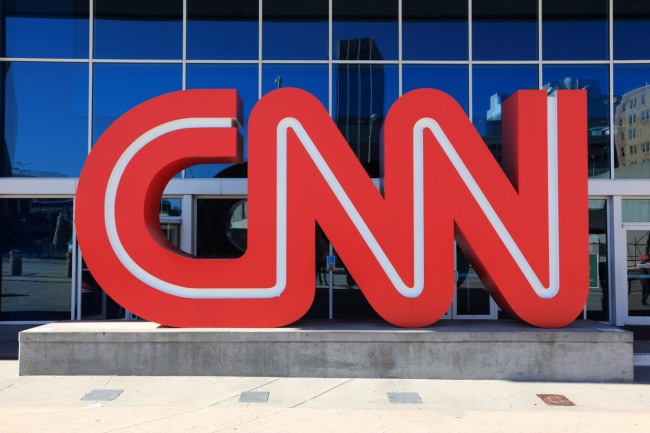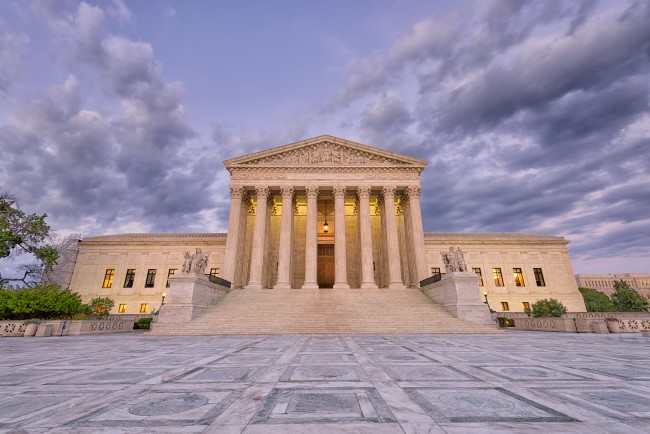Show posts for: Civil Litigation
-
 Read more
Read moreIn the past twenty or so years, the government (and creative relators) have sharpened and re-designed the False Claims Act, 31 U.S.C. § 3729 et seq. (“FCA”), into a multi-functional tool to redress all sorts of conduct that allegedly “defrauded” the government. Theories abound as to how the government might be misled – including presentment of factually false claims, legally false claims, and “reverse” false claims (e.g., failing to return funds the government erroneously paid).
-
 Read more
Read moreCan a news organization avoid a discrimination claim by arguing that it was exercising its First Amendment right to choose who writes the news?
That’s the question that the California courts have been grappling with in Stanley Wilson’s case against CNN. And that question has now been answered in Wilson’s favor.
-
 Read more
Read moreIn our last post, we analyzed the complaint that Jones Day ex-associates Julia Sheketoff and Marc Savignac filed against the firm. Sheketoff and Savignac, a married couple, allege that the firm discriminated against them and retaliated against Mark when he complained. They focus on the firm’s parental leave policy, under which new birth mothers receive 18 weeks of paid leave but new fathers receive 10 weeks.
Battle has now been joined in the lawsuit. Jones Day moved to dismiss, and the motion is now fully briefed with an opposition, reply, and even a proposed surreply.
-
 Read more
Read moreOn Tuesday, married couple Julia Sheketoff and Mark Savignac filed an attention-grabbing lawsuit against their former law firm, Jones Day, for gender discrimination and retaliation. Jones Day is one of the largest law firms in the United States, and was the subject of a lawsuit filed earlier this year by female lawyers alleging a “fraternity culture.”
According to their complaint, Sheketoff and Savignac each clerked for Justice Stephen Breyer, and then joined Jones Day’s prestigious Issues & Appeals practice as associates. They eventually each received half-million-dollar salaries. But all was not well. -
 Read more
Read moreUnder the Family Medical Leave Act (“FMLA”), employers are required to provide 12 weeks of unpaid leave to employees with certain family or medical issues. These issues include attending to serious health conditions that make the employee unable to work, or caring for newborns or family members.
A frequent dilemma that employers often face is what to do when an employee has exhausted all available FMLA leave and still cannot return to work. One employer, Gold Medal Bakery, currently finds itself in litigation surrounding this issue.
-
 Read more
Read moreCompanies zealously guard their trade secrets and other information that gives them a competitive edge. And as we’ve covered in prior posts, companies often resort to the courts to protect this kind of information.
Recently, a media company filed a lawsuit seeking to use trade secret protections to recover something very public—a reporter’s Twitter account.
-
 Read more
Read moreThis post deals with two related protections that state laws and companies provide for directors and officers—indemnification and advancement. Corporations usually commit to indemnify officers and directors (and sometimes employees) when, because of their connection to the company, they are pulled into legal proceedings. Corporation also usually agree to advancement - paying legal fees and costs in advance of a final determination about the individual’s right to indemnification - so that officers and directors don’t have to foot the legal bills themselves while such a matter is going on.
-
 Read more
Read moreOn May 29, Roseanne Barr posted a tweet comparing former Obama adviser Valerie Jarrett to an ape. ABC’s reaction was swift and decisive: it fired Barr and cancelled her show.
ABC’s decision led to pontification from various pundits and Twitter personalities arguing that Barr’s “humor” was somehow “free speech” protected by the First Amendment.
But even if Barr was exercising free speech when she posted her tweets, that has no bearing on ABC’s lawful right to fire her. ABC is a private employer, not the government, so the First Amendment did not prevent it from taking action based on employee speech.
-
 Read more
Read moreCompanies and individuals frequently enter into arbitration agreements requiring that claims be brought before a private arbitrator, rather than a judge and jury. Arbitration has various benefits: it can provide quicker resolutions, reduced costs, the right to participate in the selection of the arbitrator, and arbitral expertise. In addition, some parties prefer arbitration because it offers a cloak of confidentiality that does not exist in the state and federal courts.
-
 Read more
Read morePhishing. Spoofing.
These words may sound silly, but for employers, they are anything but.
Phishing is the attempt to obtain sensitive electronic information—such as usernames, passwords, or financial information—under false pretenses. Often, when bad actors engage in phishing, they use email spoofing—sending emails that appear legitimate but are anything but. These emails can dupe users into disclosing confidential personal or company information.
As the regulatory and business environments in which our clients operate grow increasingly complex, we identify and offer perspectives on significant legal developments affecting businesses, organizations, and individuals. Each post aims to address timely issues and trends by evaluating impactful decisions, sharing observations of key enforcement changes, or distilling best practices drawn from experience. InsightZS also features personal interest pieces about the impact of our legal work in our communities and about associate life at Zuckerman Spaeder.
Information provided on InsightZS should not be considered legal advice and expressed views are those of the authors alone. Readers should seek specific legal guidance before acting in any particular circumstance.
Contributing Editors

John J. Connolly
Partner
Email | +1 410.949.1149

Andrew N. Goldfarb
Partner
Email | +1 202.778.1822

Sara Alpert Lawson
Partner
Email | +1 410.949.1181

Nicholas M. DiCarlo
Associate
Email | +1 202.778.1835




